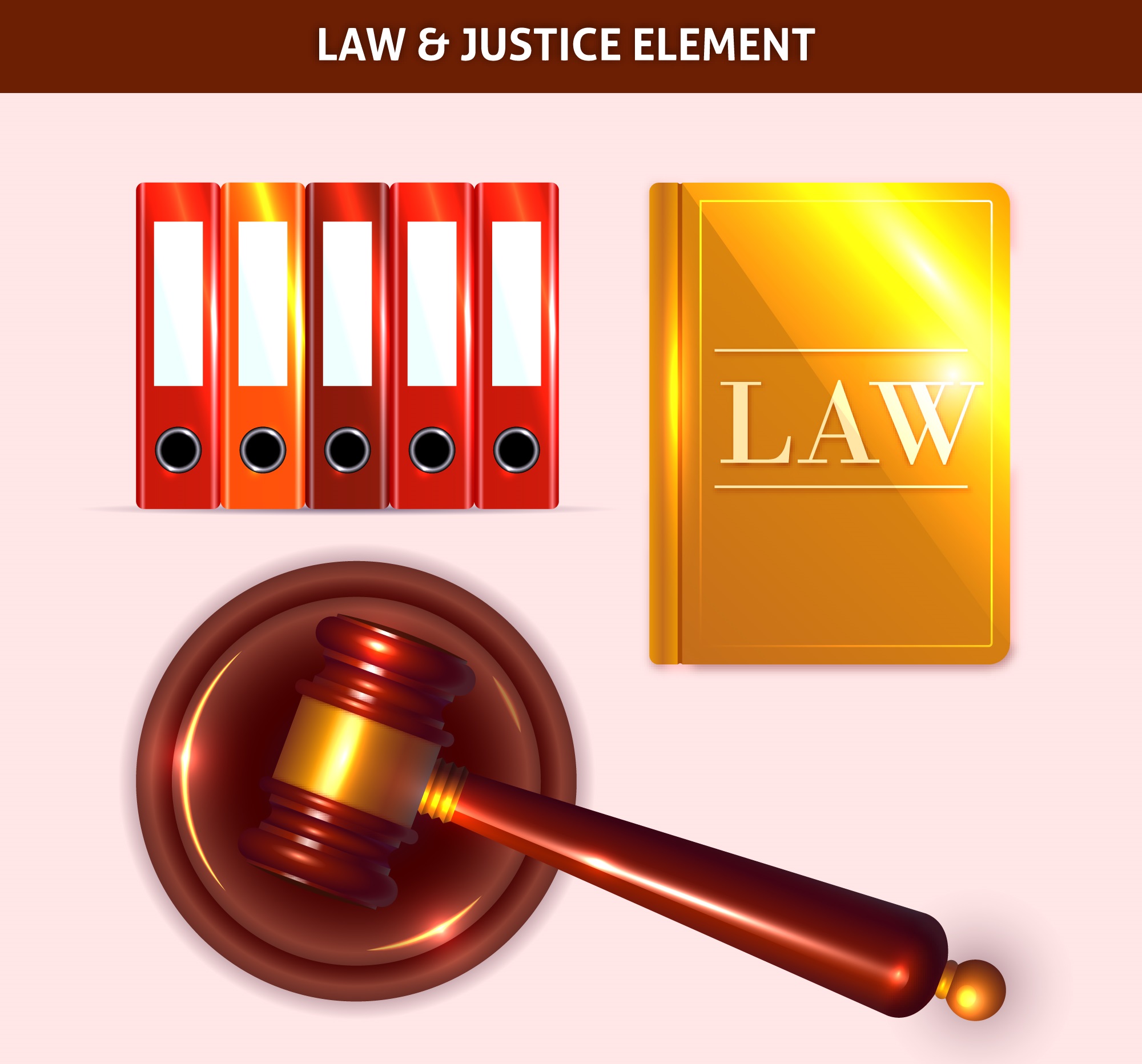
Bought a new car that seemed to have more problems than it is worth? If so, you may be eligible for protection under California’s Lemon Law. This law safeguards you from the frustration of repeatedly dealing with defective vehicles. This law helps consumers who have purchased defective products. Mainly cars, that cannot be fixed after a reasonable number of repair attempts.
California’s consumer protection laws are some of the most aggressive and provide most protections for consumers.
What is Lemon Law?
Lemon Law protects consumers from defective products. The Lemon Law in California can apply to new vehicles and other consumer goods.
It aims to protect consumers, who have purchased defective products. Particularly new vehicles, and experience issues despite multiple repair attempts.
Qualifying for Lemon Law Protection in California:
To qualify for the Lemon Law, your product must meet certain criteria.
These criteria include:
- Product must be new or certified with certain express warranties.
- Product must be covered by a warranty.
- Product should have a defect that makes it useless, unsafe and/or value-less.
- Manufacturer must have been unable to fix the defect after reasonable repair attempts.
1. New or Certified Pre-Owned Product:
– The vehicle must be new or certified pre-owned. With the initial warranty still in effect.
– Used vehicles are generally not covered under the California Lemon Law, unless they’re certified or sold with certain express or implied warranties.
2. No. of Repair Attempts:
– The manufacturer must be provided a reasonable opportunity to correct/fix the defect. A licensed, experienced and reputable lemon law attorney can counsel you through this process.
3. Safety-Related Defects:
– If the defect could cause serious injury, the number of repair attempts reduces.
4. Out-of-Service Days:
– The law provides certain presumptions/benefits to the consumer when the vehicle has been out of service for repair for 30 days or more.
5. Warranty Period:
– The law provides other presumptions/benefits to the consumer if defects presented within the vehicle’s original warranty period and during the first 18,000 miles or 18 months of use.
What is Not Covered Under Lemon Law in California?
There are some exceptions and situations that do not qualify for coverage:
1. Some Used Vehicles:
– Used vehicles and those sold “as-is” are generally not qualified for Lemon Law protection.
-Exceptions: sold with express/implied warranties or the defect was deliberately concealed at the time of sale. (for example the vehicle was advertised by a dealer with No Accidents, but you later find out that the vehicle had significant body damage).
-Lemon Law for used cars: look for a buyer’s guide and if it does not indicate a dealer warranty or an “as is” clause, the vehicle is sold with an implied warranty of merchantability. California Civil Code (1791 – 1791.3: “implied warranty of merchantability” or “implied warranty that goods are merchantable” means that consumer goods meet the following criteria:
Pass without objection in the trade under the contract description ; Are fit for the ordinary purposes for which such goods are used. Are adequately maintained, packaged, and labeled. Conform to the promises or affirmations of fact made on the container or label.
Implied warranties are a gray area in California lemon law – as there is no written statement in the purchase order. Lemon law California for used cars states that implied warranties are good for no less than 60 days after purchase and no longer than one year. Moreover, implied warranties can be argued to cover only the essential components of a vehicle – engine, transmission, steering, electrical system, brakes, etc.
Be sure to keep a copy of the buyer’s guide after purchasing a used vehicle. If you can prove the dealer sold the vehicle with no indication of a warranty of “as is” agreement, you may be eligible for benefits under lemon law California for used cars.
2. Mileage, use or Age Limitations:
– If the vehicle was used solely for commercial purposes, subject to certain excessive/unreasonable uses or exceeded age limitations Lemon Law protection may not apply.
There are many exceptions here that a licensed, knowledgeable and experienced attorney can navigate through.
3. Non-Substantial Defects:
– Minor issues that do not impair the vehicle’s use, value or safety may not qualify under the California Lemon Law. An experienced, knowledgeable and reputable attorney can present the facts in such a manner to substantially increase your chances of success regardless of how trivial or minor the defect is claimed to be by the manufacturer.
Asserting Your Lemon Law Rights:
If you believe your situation meets the qualifying criteria, we strongly suggest you consult and retained a licensed and reputable attorney who has experience in the field of lemon law and civil litigation; however if you chose to go at it on your own, then the following steps are suggested:
1. Keep Detailed Records:
– Document all repair attempts, including dates, descriptions of the problem, and invoices.
– Keep copies of all communication with the manufacturer or dealer.
2. Notify the Manufacturer:
– Send a written notice to the manufacturer.
– Allow the manufacturer a final opportunity to fix the issues.
3. Consult an Attorney or pursue your legal remedies through the Courts or Arbitration:
– If the manufacturer refuses to acknowledge your claim, consider seeking legal assistance from a Lemon Law attorney.
In the absence of arbitration, you may need to file a lawsuit to enforce your Lemon Law rights.
Understanding Lemon Law protection in California is crucial if you find yourself grappling with a lemon vehicle. By knowing the qualifying criteria and the necessary steps to assert your rights, you can navigate the process more confidently and potentially find a resolution. Remember, always keep detailed records, stay proactive, and don’t hesitate to seek legal assistance if needed.
Keep in mind that your attorney’s fees are recoverable in the State of California. The Hashemi Law Firm provide free consultations and provides services on a contingency basis.


